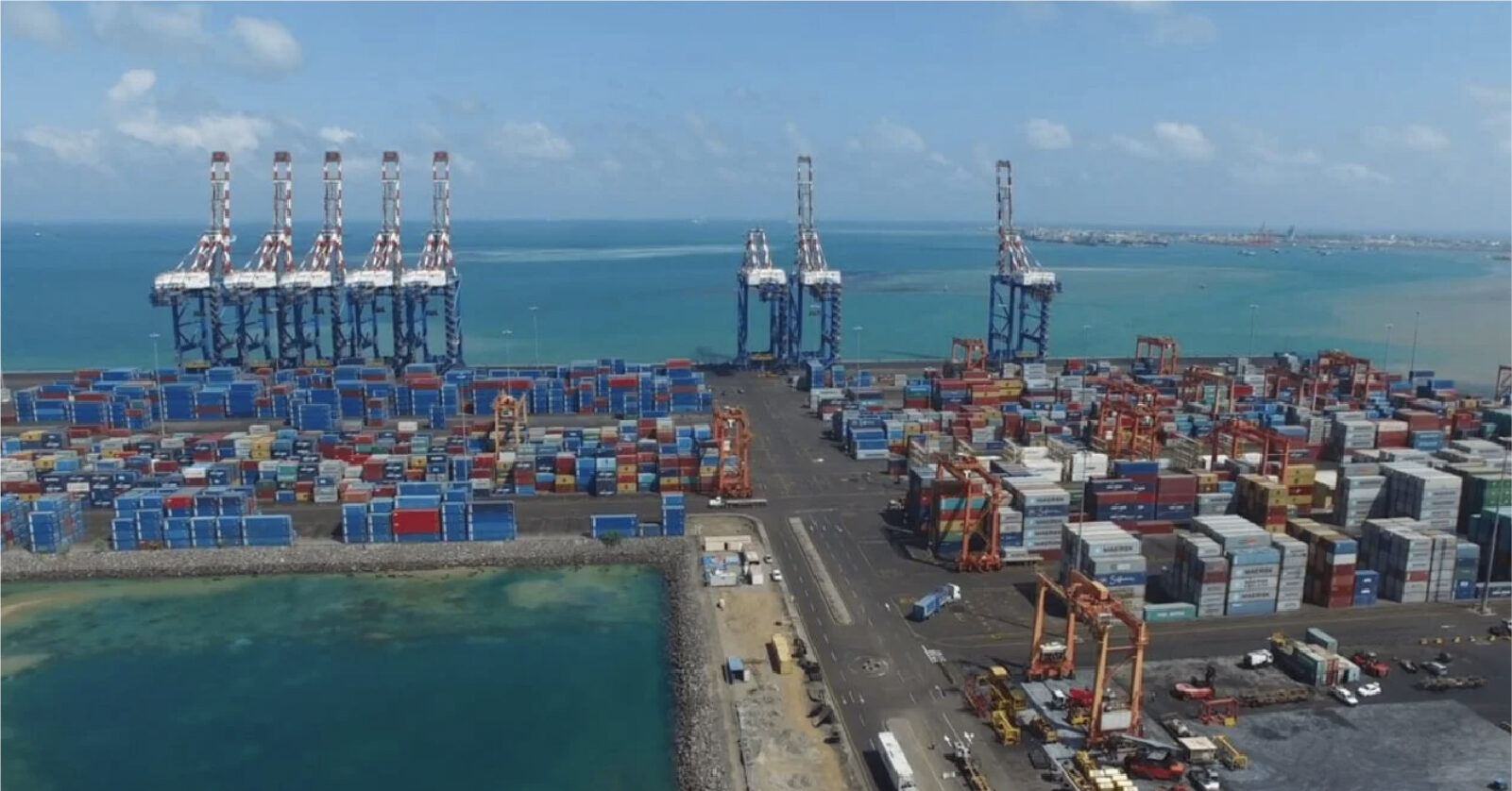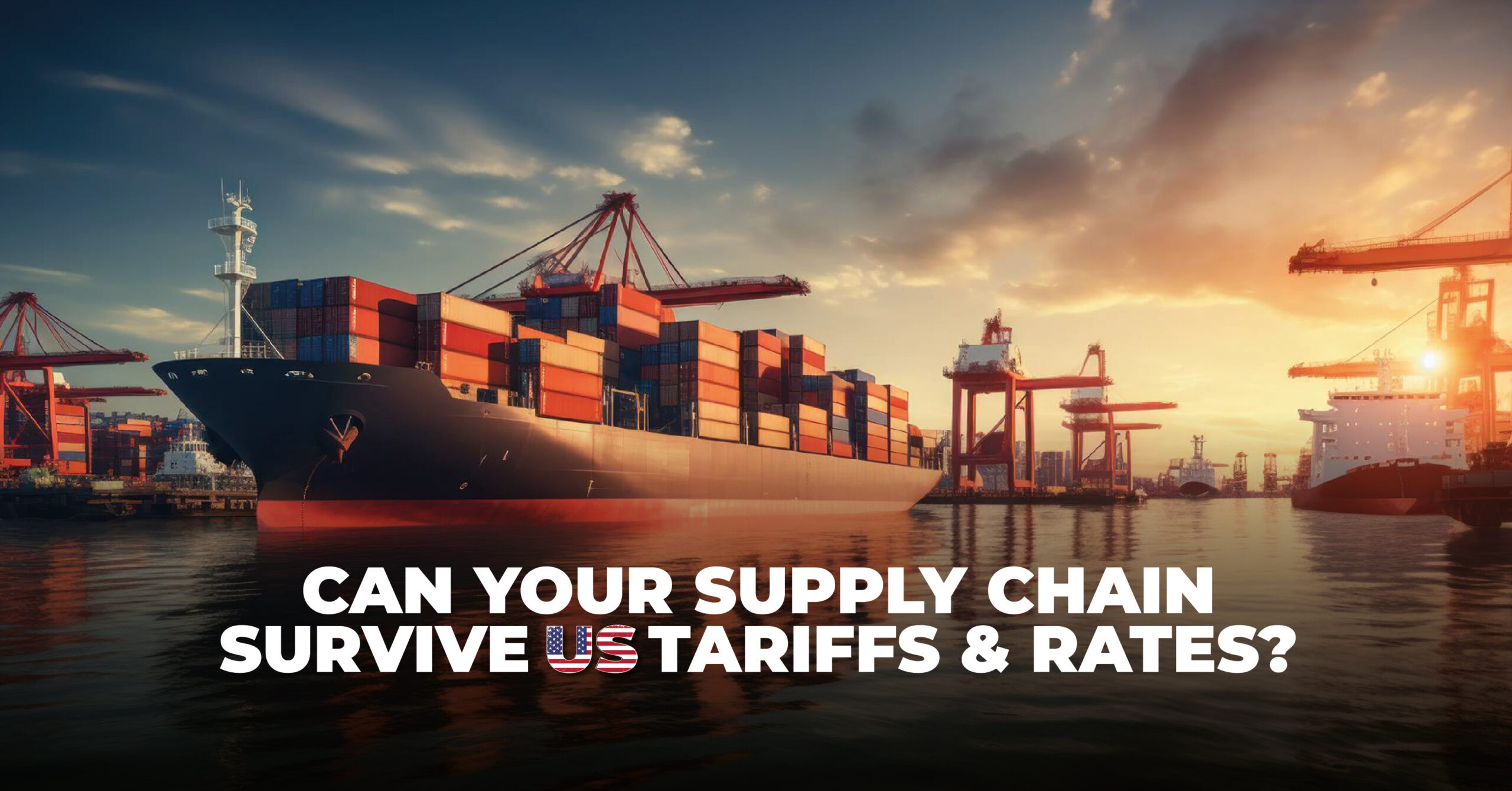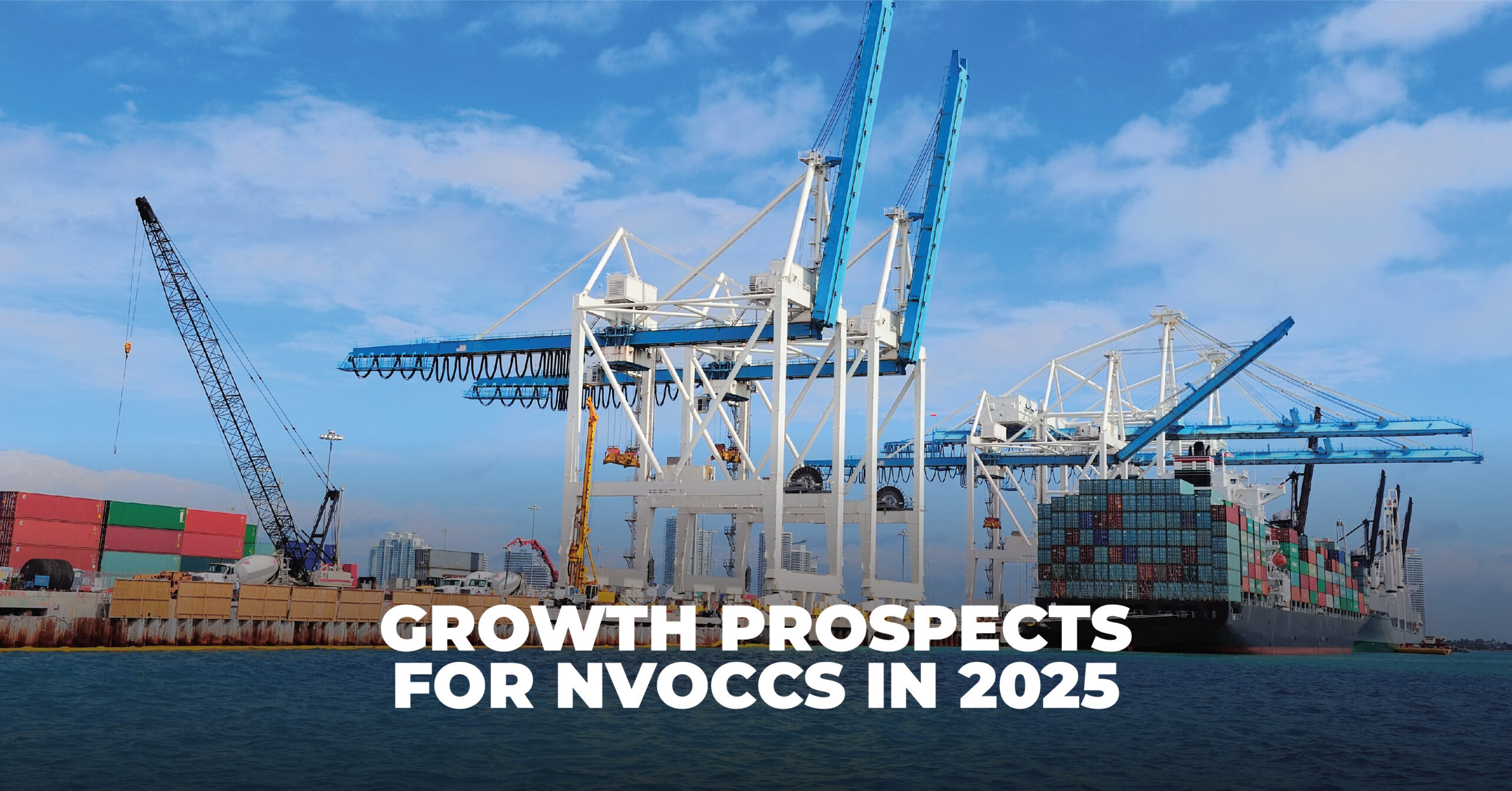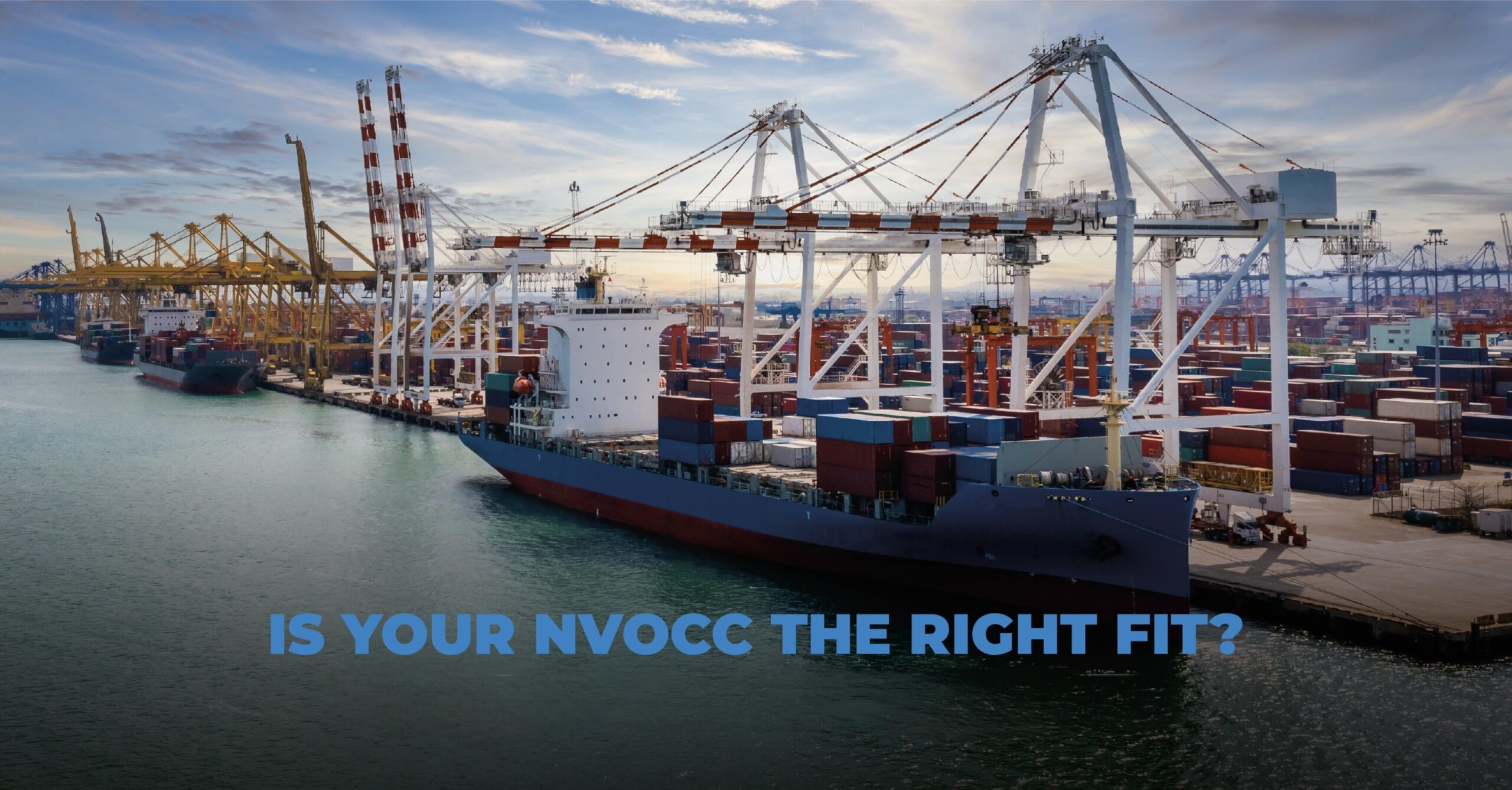In a move that has sparked debates within the maritime industry, Djibouti Port Authority has recently enforced a prohibition on Non-Vessel Operating Common Carriers (NVOCCs) operating within its jurisdiction. This decision, while aimed at streamlining port operations, has stirred discussions regarding its broader ramifications.
NVOCCs, intermediaries in the shipping industry, play a pivotal role in facilitating global trade by consolidating smaller shipments into full container loads. However, Djibouti’s decision to restrict their operations within its port facilities underscores a shift in regulatory priorities.
Advocates of the prohibition argue that it will enhance efficiency and security at the port. By limiting the number of entities involved in cargo handling, authorities hope to streamline processes, reduce congestion, and mitigate security risks associated with multiple intermediaries. Additionally, proponents suggest that centralizing operations under fewer entities could lead to better oversight and accountability.
However, critics express concerns about the potential repercussions of such a move. NVOCCs often provide competitive pricing and flexible services, benefiting both shippers and consignees. The restriction could disrupt established supply chains, increase costs, and limit choice for businesses reliant on these services. Moreover, it might deter investment and hinder the port’s competitiveness in the region.
The decision also raises questions about broader trends in global trade and regulatory frameworks. As countries reassess their approaches to maritime regulation, the balance between security, efficiency, and market dynamics becomes increasingly complex. Djibouti’s move reflects a broader trend of ports grappling with these challenges and seeking to assert greater control over their operations.
Ultimately, the prohibition on NVOCCs at Djibouti Port represents a nuanced interplay between regulatory objectives and market dynamics. While aimed at addressing operational concerns, its full impact on trade, businesses, and the maritime ecosystem remains to be seen. As stakeholders navigate these changes, collaboration and dialogue will be essential in shaping a balanced and sustainable approach to port management and trade facilitation.
RSL Container Lines stands as a beacon of efficiency and reliability in the global shipping industry. Through advanced technology, customization, sustainability, global reach, and customer-centricity, the company has positioned itself as a key player in facilitating the seamless and secure movement of goods across borders.






